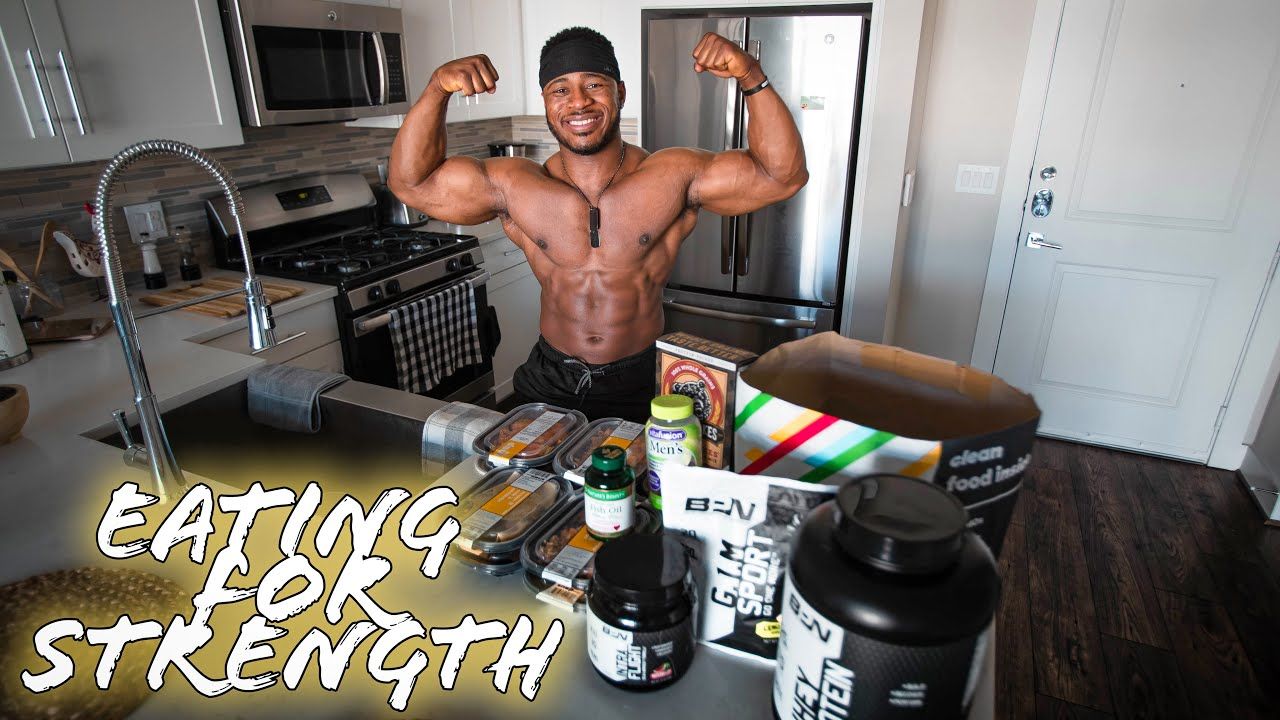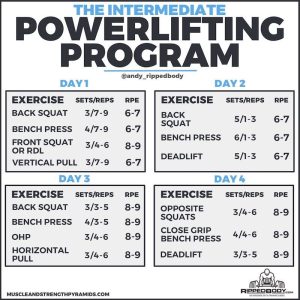
Powerlifting is a demanding sport that requires strength, power, and endurance. To excel in this discipline, athletes must not only train rigorously but also prioritize their nutrition. Proper nutrition is the key to fueling your strength journey and maximizing your performance in the gym. In this article, we will explore the essential aspects of powerlifting nutrition, including macronutrients, calorie intake, meal timing, and supplementation.
Macronutrients: The Building Blocks of Strength
Macronutrients are the substances that provide energy and support muscle growth and repair. In powerlifting, three main macronutrients take center stage: protein, carbohydrates, and fats.
Protein: The Foundation of Muscle Growth
Protein is crucial for powerlifters as it promotes muscle recovery and growth. Aim to consume 1.6 to 2.2 grams of protein per kilogram of body weight daily. Good sources of protein include lean meats, poultry, fish, dairy products, and plant-based options like tofu and legumes.
Carbohydrates: The Fuel for Intense Workouts
Carbohydrates are the primary source of energy for powerlifters. They provide the fuel needed to perform heavy lifts and endurance exercises. Focus on consuming complex carbohydrates such as whole grains, fruits, and vegetables to sustain your energy levels during training sessions.
Fats: Fueling Long-lasting Energy
While often misunderstood, fats are essential for powerlifters. They offer a concentrated source of energy and aid in hormone production. Include healthy fats from sources like avocado, nuts, seeds, and olive oil in your diet.
Caloric Intake: Finding Your Sweet Spot
Determining the right calorie intake for powerlifting can be challenging. It depends on factors such as body weight, training intensity, and goals. To maintain your current weight, consume the number of calories required to sustain your energy expenditure. To gain weight and build muscle, consume a caloric surplus, while a deficit is necessary for weight loss.
Tracking your calories using a food diary or a mobile app can help you maintain control over your intake and make adjustments when necessary. Consult with a registered dietitian or a sports nutritionist to personalize your calorie targets based on your specific needs and goals.
Meal Timing: Maximizing Performance and Recovery
In powerlifting, when and how you eat can greatly impact your performance and recovery. Follow these guidelines to optimize your meal timing:
Pre-workout:
Eat a balanced meal containing protein, carbohydrates, and fats 2-3 hours before your training session. This meal should provide sustained energy and aid in muscle repair.
Post-workout:
Within 30 minutes of completing your workout, have a protein-rich snack or shake to kick-start the recovery process and promote muscle protein synthesis.
Meal frequency:
Divide your daily calorie intake into 4-6 smaller meals to maintain a steady supply of nutrients throughout the day. This helps keep your energy levels stable and supports muscle recovery.
Supplementation: Enhancing Your Performance
Supplements can be a valuable addition to your powerlifting nutrition plan but should not replace a well-balanced diet. Some supplements that may benefit powerlifters include:
Protein powder:
A convenient way to increase protein intake, especially when whole food sources are not readily available.
Creatine:
Shown to enhance strength and power output, creatine supplementation can be beneficial for powerlifters, especially during intense training cycles.
Omega-3 fatty acids:
Found in fish oil supplements, omega-3s possess anti-inflammatory properties and support joint health, essential for powerlifters handling heavy loads.
Remember, before incorporating any supplements, consult with a healthcare professional to determine their suitability for you.
In Conclusion
Powerlifting demands strength, dedication, and a sound nutrition plan. By prioritizing macronutrients, tailoring your caloric intake, optimizing meal timing, and considering appropriate supplementation, you can fuel your strength journey effectively. Remember to consult with professionals, such as registered dietitians or sports nutritionists, to create a personalized nutrition plan that aligns with your goals and supports your overall health and performance. Achieve greatness on your strength journey by nourishing your body with the right fuel!

